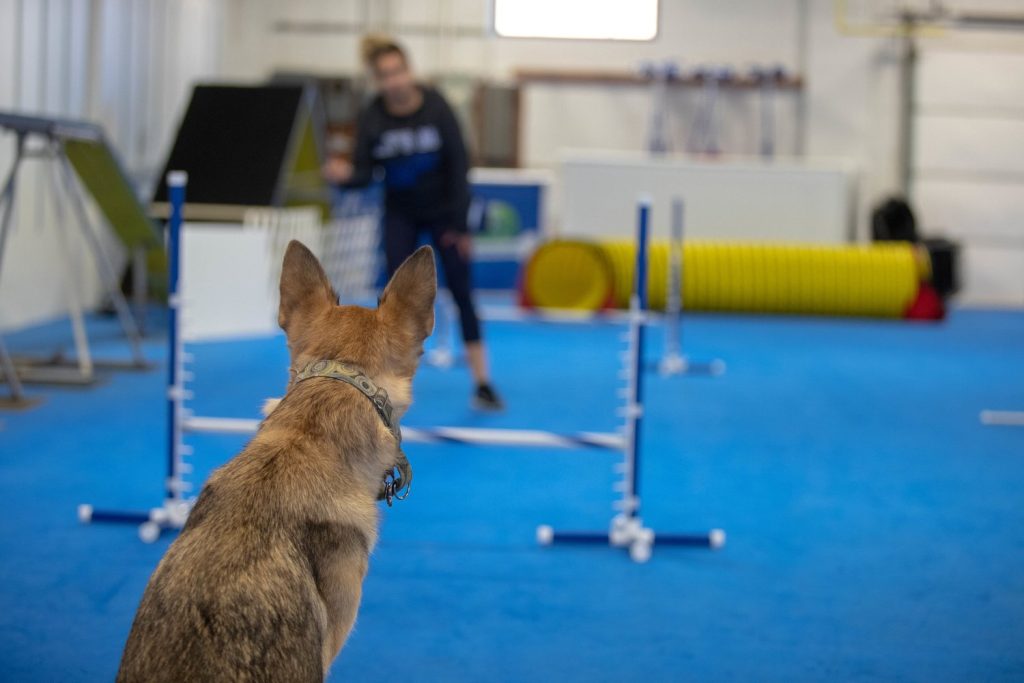Puppy training is an exciting journey that goes beyond the basics of sit and stay commands. While these fundamental commands are crucial, revolutionary tactics in puppy training program mastery take canine education to new heights, fostering a well-rounded, disciplined, and socially adept furry companion.
Cognitive Enrichment Games – Traditional training often focuses on physical exercises, but cognitive enrichment games tap into a puppy’s mental prowess. Puzzle toys and interactive games engage their minds, stimulating problem-solving skills and enhancing cognitive development. These activities not only provide mental stimulation but also prevent boredom, reducing the likelihood of destructive behaviors born out of frustration.
Positive Reinforcement Techniques – Gone are the days of punitive training methods. Modern puppy training embraces positive reinforcement, which involves rewarding desired behaviors with treats, praise, or play. This creates a positive association with good behavior, encouraging puppies to repeat it. This approach fosters a trusting bond between the trainer and the puppy, making the learning process enjoyable for both.

Clicker Training – Clicker training is a revolutionary technique that employs the use of a small handheld clicker to mark desired behaviors. The distinct sound of the clicker serves as a precise and consistent signal for the puppy, indicating the exact moment they exhibit the correct behavior. Paired with positive reinforcement, clicker training accelerates the learning process and helps puppies understand expectations more clearly and go here.
Socialization Adventures – Socialization is a critical aspect of puppy training that extends beyond interactions with humans. Introducing puppies to a variety of environments, people, and other animals during their formative weeks is crucial for developing well-adjusted and socially competent dogs. Organized socialization adventures, such as puppy play dates or group training classes, provide controlled environments for positive interactions and exposure to new stimuli.
Target Training – Target training involves teaching a puppy to touch a specific object, often with their nose or paw. This versatile skill can be used for various purposes, such as guiding them into specific positions or locations. Target training enhances communication between the trainer and the puppy, fostering a deeper understanding of commands and expectations.
Shaping Behaviors – Shaping behaviors involves breaking down complex actions into smaller, more manageable steps. By rewarding incremental progress toward the desired behavior, trainers can gradually shape a puppy’s actions. This method encourages independent thinking and problem-solving, empowering the puppy to actively participate in their own learning process.
Canine Fitness Regimens – Incorporating fitness into a puppy’s routine not only promotes physical health but also aids in behavior management. Agility training, balance exercises, and other canine fitness activities engage a puppy’s body and mind simultaneously. These regimens contribute to overall well-being, reduce excess energy, and promote a calm and focused demeanor.
Beyond sit and stay commands lies a world of revolutionary tactics that can transform puppy training into a dynamic and enjoyable experience for both trainers and their furry companions. Embracing cognitive enrichment, positive reinforcement, and innovative training techniques opens the door to a well-behaved, socially adept, and mentally stimulated canine companion.